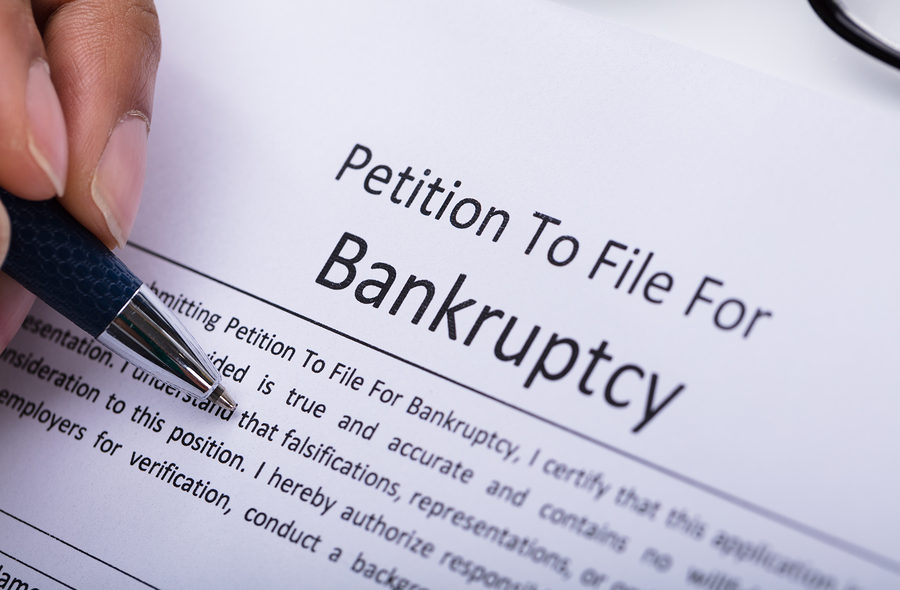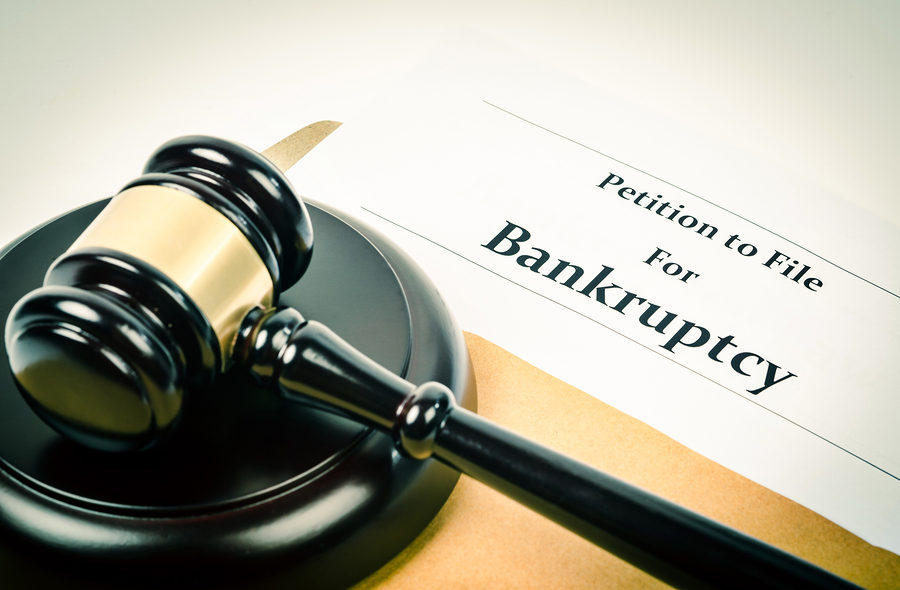More seniors are filing for bankruptcy than ever before, which has been the result of a number of factors including rising healthcare costs, lack of retirement savings and less social security. Between the years 2013 and 2016, approximately one in every eight bankruptcy cases were filed by individuals who were older than 65. Twenty-one percent of those filing for bankruptcy were between the ages of 55 and 64.
The following mistakes were made by individuals in this age group as they attempted to explore options to avoid filing for bankruptcy.










